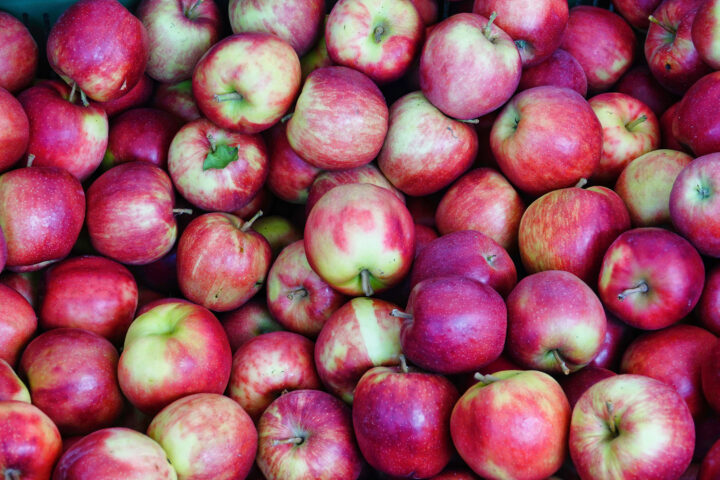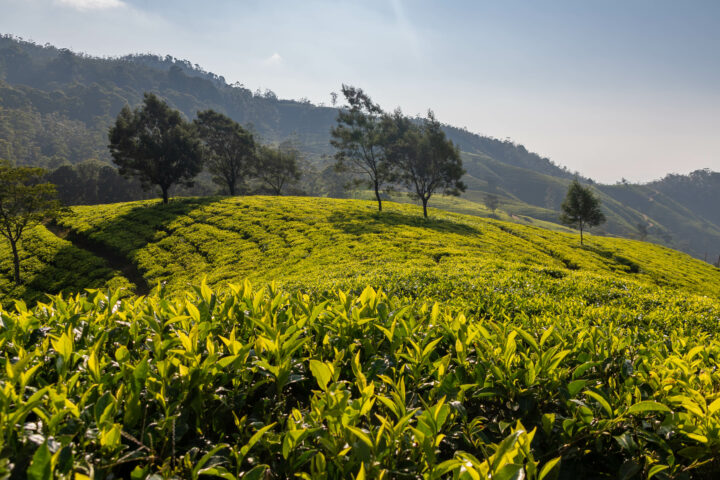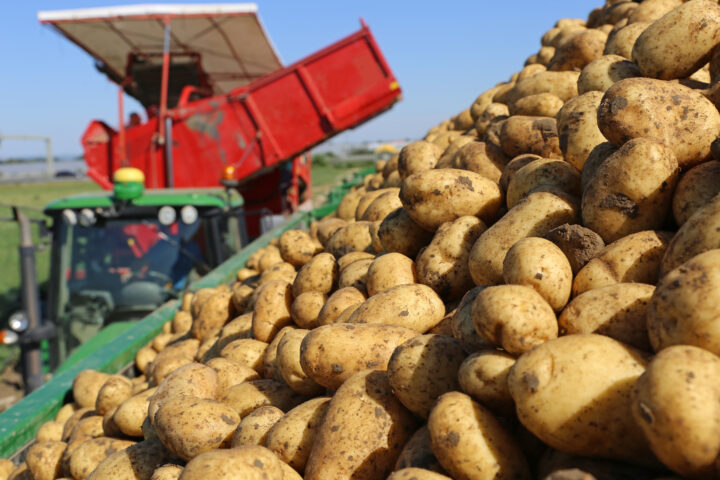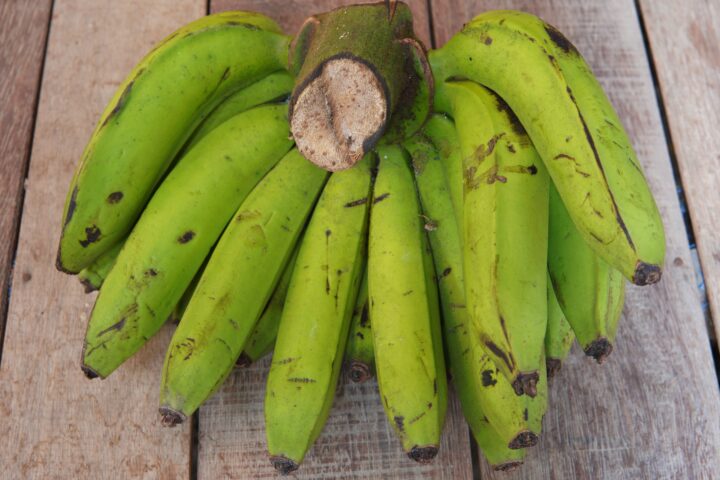
Sustainable intensification for a resilient food system
In a position paper, the German FDP calls for a reorientation of European agricultural policy. Instead of an extensification of agriculture, an “ecological intensification” should take place. The FDP relies on innovative technologies. New methods of plant breeding and more environmentally friendly pesticides should lead to higher productivity and at the same time relieve the burden on the environment. The demands can also be understood as criticism of the Green Deal.
Friday, March 11, 2022
In a special session, the Agriculture Committee of the German Bundestag discussed the current difficult situation on the global agricultural markets. Wheat prices hit a new high due to the war in Ukraine. Famine is to be expected in many regions of the world due to the rise in prices. As the online portal “nau.ch” writes, the parliamentary groups of the CDU/CSU and the German FDP have called for a reorientation of European agricultural policy against this background. The focus should therefore increasingly be on security of supply. In a position paper, the FDP calls for a long-term strategy that makes agriculture “more resilient, also with regard to food supply and its supply chains”.
Innovation instead of regression
A specific demand is the renunciation of fallow land or «closures». As part of the Green Deal, farmers should leave four percent of their land uncultivated. For the FDP, which wants to initiate more productive agriculture with its advances, this regulation is a thorn in the side. It calls for their complete renunciation. Likewise, the expansion of organic farming and a blanket reduction in synthetic pesticides are the wrong way to achieve greater food security. The FDP envisages “ecological intensification” – i.e. increased production that is not at the expense of the environment. Plants that have been bred using new breeding methods should help. With regard to plant protection, the FDP calls for an “innovation-friendly framework at EU and national level” in order to use improved active ingredients.
Sources
Related articles

Where the focus lies in apple breeding
The new head of Agroscope's fruit breeding research group is Andrea Patocchi. In an interview with the trade journal Obst + Wein, he explains where the focus of apple breeding lies today.

Chinese robot picks tea
There is a shortage of tea pickers in China. A robot developed by a researcher is set to remedy the situation and take over the work in future. Thanks to artificial intelligence, the machine can even recognise the shoots of the tea plant. The first harvesting robots are also already being developed in Switzerland.

Potato farmers want robust varieties
As the use of pesticides is to be massively reduced, the potato industry now wants to focus on more robust varieties. The industry has even concluded a target agreement with the federal government. This is ambitious: By 2040, robust varieties are to thrive on 80% of potato cultivation areas.

How genetic engineering is saving the Cavendish banana
The most popular banana variety - the so-called Cavendish banana - could soon disappear due to a persistent fungus. Australian researchers have developed a solution based on genetic engineering.

